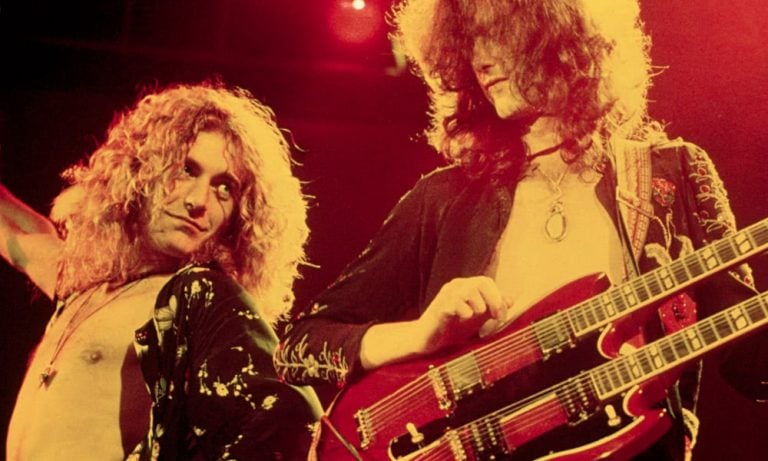Introduction to 'Whole Lotta Love'
From the heart of the 1970s music scene, Led Zeppelin unleashed the iconic track "Whole Lotta Love", a piece that still resonates today. Captivating listeners with its electrifying riffs and powerful vocals, this song became a defining moment in the band's illustrious career, and a cornerstone of the rock music genre.
Cultural Impact and Historical Context
The release of "Whole Lotta Love" in 1969 signified a pivotal moment in the evolution of rock music. As a quintessential 1970s song, it embodied the raw energy and creative freedom of the era. This Led Zeppelin creation was more than just a song; it was a cultural phenomenon that encapsulated the spirit of a generation. Its rebellious lyrics and innovative sound structure challenged the status quo, breaking new ground in the world of music.
Interesting Facts and Cover Versions
One striking fact about "Whole Lotta Love" is its lasting influence on a wide range of artists. The song has been covered by numerous musicians, from Tina Turner to Prince, showcasing its universal appeal and enduring legacy. These cover versions each bring a unique spin to the track, yet all share the raw energy and passion that made the original so iconic. Despite its age, "Whole Lotta Love" continues to inspire new interpretations, solidifying its status as a timeless classic.
Why 'Whole Lotta Love' Remains Relevant Today
Over half a century later, "Whole Lotta Love" maintains its relevance in the ever-changing music landscape. Its pioneering blend of heavy guitar riffs, hypnotic rhythms, and emotive vocals paved the way for many modern rock bands. The track's cultural impact extends beyond music, influencing fashion, film, and popular culture. As a symbol of the 1970s, "Whole Lotta Love" continues to excite listeners and inspire artists, proving that Led Zeppelin's influence is as strong today as it was five decades ago.






Comments (0)